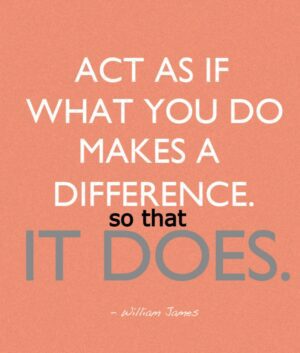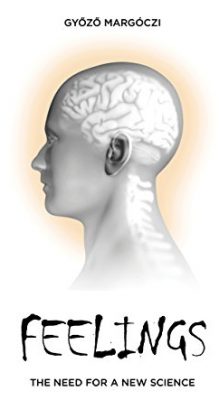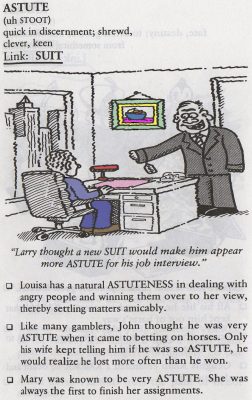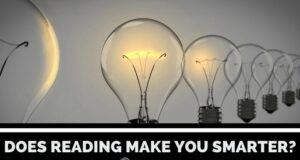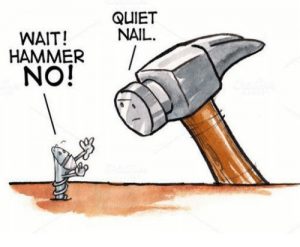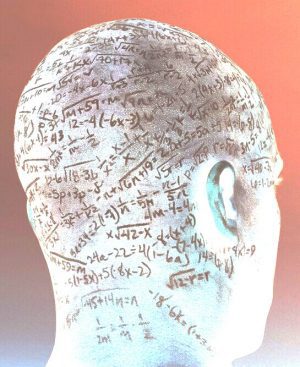 Yesterday one of my long time students surprised me with sending me a ‘meme’ that had a quote from one of my articles.
Yesterday one of my long time students surprised me with sending me a ‘meme’ that had a quote from one of my articles.
No coincidences in the world… if you have a wide enough cone of vision you’ll know that.
We’ll explore the drama that is hidden in this sentence. Because there is drama, oftentimes tragedy there.
Sidenote: As I was looking for suitable images for this article, I was struck by the overwhelming confusion about intelligence, the brain’s role in it, meditation, and brain exercises. Most of what is written is horseh!t… truth value: 0%.
- 1. So I’ll begin with the word coincidence… coincidence means two things happen that are not connected… (a remarkable concurrence of events or circumstances without apparent causal connection.)
Someone is born on 9/11… the same day airplanes are flown into buildings… and people die. The two events are not connected.
Human nature looks for connections. Human nature is to look in the mind for connections. Not in reality, in the mind, where only the meanings live. None of the actual happenings live in the mind, only the story you made up about it. Continue reading “Your physical brain and your IQ: can you get smarter?”
 Correcting the language
Correcting the language
